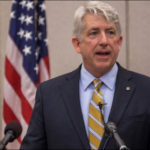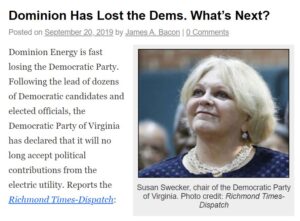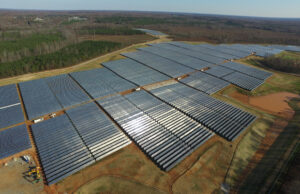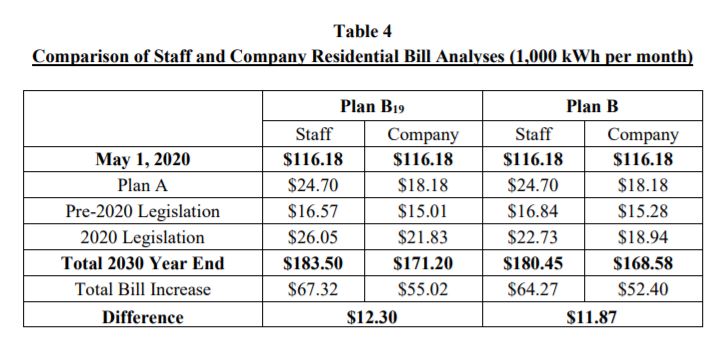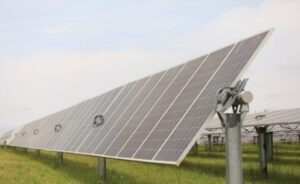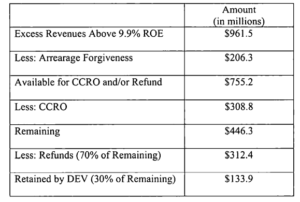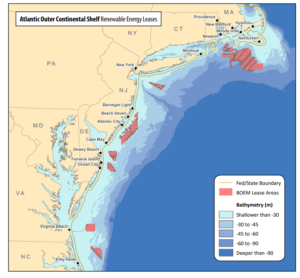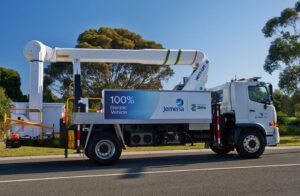An open letter to Virginia Attorney General Mark Herring:
Dear General Herring:
As was reported by the Richmond Times-Dispatch, Dominion Energy Virginia filed on Friday its application for approval to build offshore wind turbines with a nameplate capacity of 2,600 megawatts. The very first motion made to the State Corporation Commission was a request to keep all the important financial and engineering information confidential, away from public inspection.
I write as a Dominion customer and write to you in your statutory role as the representative for consumers before the SCC. You are my lawyer.
Please do everything in your power to persuade the SCC to reject that motion for secrecy. On behalf of the people of Virginia, break that seal. I hope other likely parties in the case will join you, but you should take the lead. There is no justification for hiding all the reams of information which will be produced in the coming review, and which will have a direct impact on the cost and reliability of our electricity for decades to come.
Waiting until the smoke had cleared from the recent election, in which the company embarrassed itself, the announcement included an admission that the price of the proposed project has already risen more than 20% to almost $10 billion.
There has long been too much secrecy in the SCC’s cases, a complaint I have aired several times in various forums. This has been accompanied by a reduction in the amount of attention given to these matters in the traditional news media, with the most active news source these days hardly objective but instead a cheerleader for this unreliable, intermittent electricity source. Continue reading

